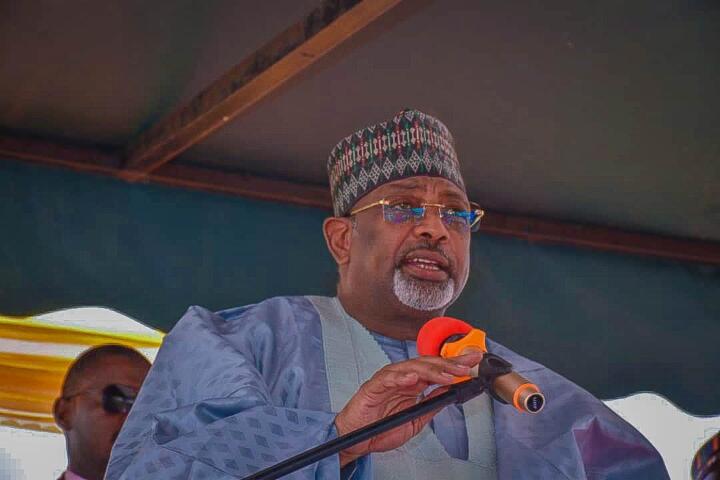The federal government has approved a 50% subsidy on agricultural inputs for the upcoming dry season farming, set to commence on November 25, 2023. InfoStride News reports this development based on a statement from the Federal Ministry of Agriculture and Food Security, shared on the ministry’s official communication platform. The Technical Advisor on Strategic Communication for the ministry signed the statement.
Sen. Abubakar Kyari, the Minister of Agriculture, will lead the launch of the dry season farming in Jigawa State, accompanied by other dignitaries. The event will serve as an opportunity to distribute essential agricultural inputs, including seedlings, herbicides, pesticides, and more, to farmers across the 36 states and the Federal Capital Territory (FCT).
“The Hon. Minister of Agriculture and Food Security, Sen. Abubakar Kyari, will lead several other dignitaries to Hadejia, Jigawa State, where the ceremony will take place. A range of agricultural inputs, including seeds, fertilizer, herbicides, and pesticides, will be delivered to farmers at the occasion. The Federal Government is subsidizing the agricultural inputs by 50%,” the statement noted.

The 2023/2024 dry season farming initiative is receiving support from the African Development Bank (AfDB) through the National Agricultural Growth Scheme and Agro-Pocket (NAGS-AP) project. An interesting facet of the project is its emphasis on leveraging information and communication technology (ICT) for implementation. The ministry has already digitally mapped and registered over 250,000 farmers.
“The implementation is ICT-driven with earlier steps taken to geo-locate farmlands, enumerate, register, and cluster no fewer than 250,000 farmers,” the statement emphasized.
In terms of targeted crops for this dry season, the ministry outlined a focus on maize, rice, sorghum, among others. Seedlings for these crops have been imported from Mexico. Additionally, wheat cultivation is a key aspect of the initiative, with guaranteed off-take agreements in place with the Flour Millers Association of Nigeria.
“The crops being targeted for the 2023/24 season are wheat, for which seeds have been imported from Mexico; rice, maize, sorghum, soybeans, and cassava. Wheat farmers have been guaranteed off-take of their produce by the Flour Millers Association of Nigeria,” the statement highlighted.
Food security remains a critical concern for the federal government, particularly in light of the current food inflation rate of 31.5%. President Tinubu declared a state of emergency on food security in June, elevating agriculture to a matter of national security. Despite these measures, food prices have continued to rise, leading to growing apprehensions.
The Food and Agricultural Organization (FAO) has issued a sobering prediction, estimating that 26 million Nigerians will face hunger in 2024 due to food insecurity. As the government takes steps to address these challenges, the subsidization of agricultural inputs for the upcoming dry season farming stands as a significant initiative towards ensuring food sufficiency and stability in the country.
Support InfoStride News' Credible Journalism: Only credible journalism can guarantee a fair, accountable and transparent society, including democracy and government. It involves a lot of efforts and money. We need your support. Click here to Donate
